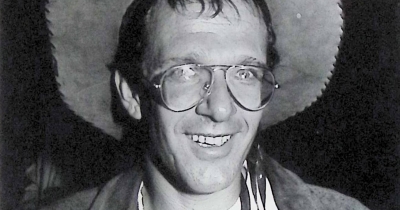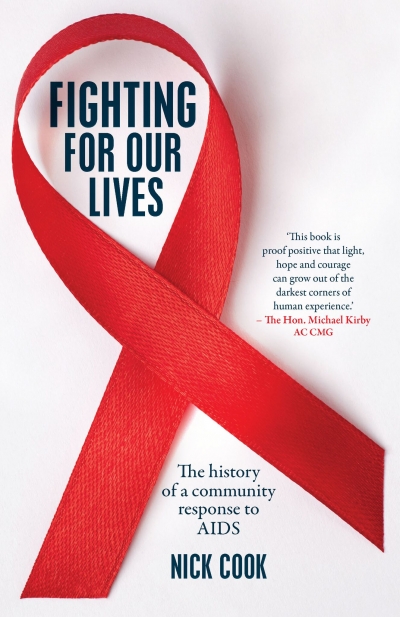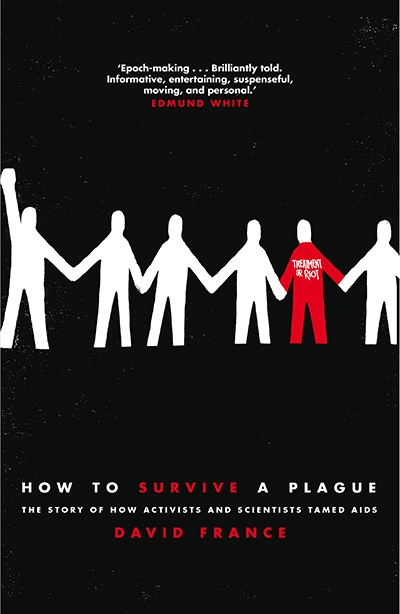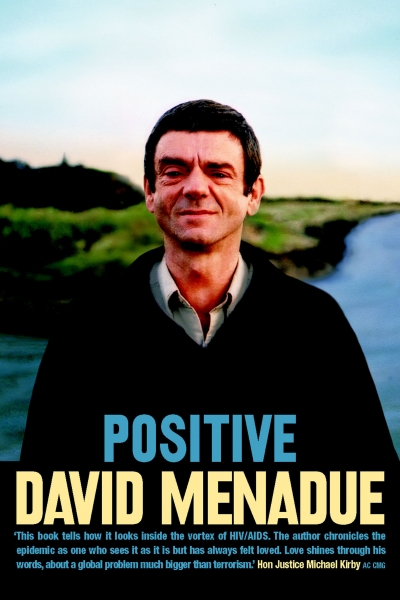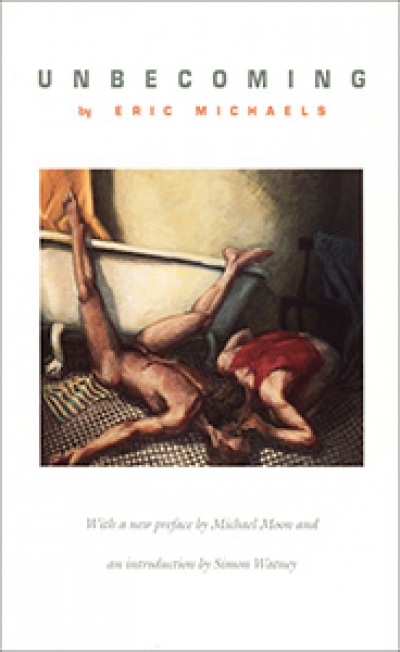AIDS
Last year I turned eighty. Vacillating between denial and celebration, I decided, with some trepidation, on the latter. It was thirty years since I had last had a big birthday party: this one needed to be special. I consoled myself that, old as I am, I am still younger than the president of the United States, Mick Jagger, and the pope.
... (read more)Fighting for Our Lives: The history of a community response to AIDS by Nick Cook
by Garry Wotherspoon •
How to Survive a Plague: The story of how activists and scientists tamed AIDS by David France
by Robert Reynolds •

